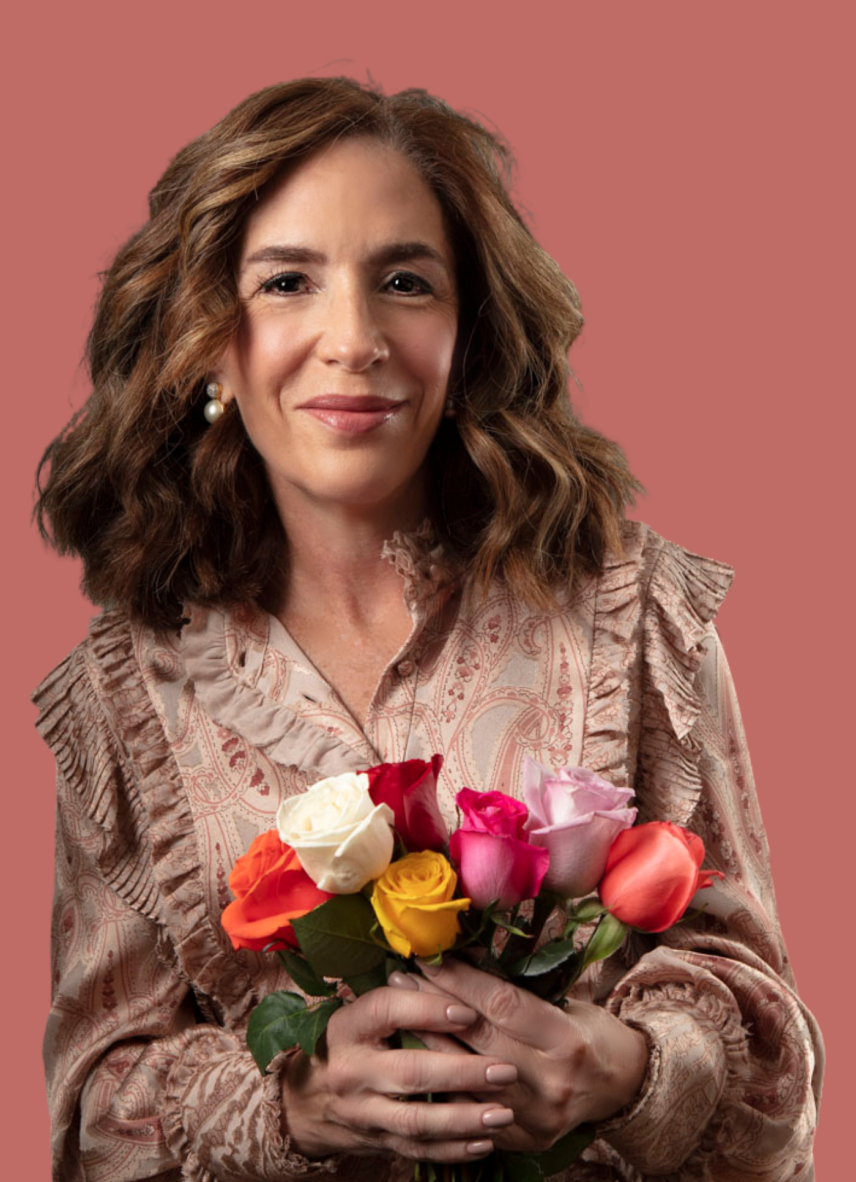Meet Behavior Specialist and Health Coach Renee Bellinger
Meet Renee
Renee Bellinger has a MA in Counseling Psychology and is a certified coach through Precision Nutrition. She is also certified in Health Mindset Coaching. She has taken classes on metabolism as it pertains to females as they age.
Before becoming a health coach, she was a Behavior Specialist at a therapeutic school and has 20 years of experience helping individuals identify problematic behaviors and working towards behavior change.
She learned to stop dieting due to the nutrition coaching she received six years ago and used her knowledge of behavior change to create sustainable health habits. She works to empower women to adopt practices to help them nourish and move their bodies while breaking the diet cycle. Her clients leave coaching with sustainable health habits and a repaired relationship with food and movement.
Healthy lifestyle behaviors, such as proper nutrition, frequent physical activity, and stress management, can help to mitigate some of the difficulties of the menopausal transition. When we think of our diet, we overlook the basics (or the big rocks). We get caught up in minor details, such as whether we are taking the right supplements or eating at the correct time. Before we get caught up in the fine points, we should zoom out and see if we are eating enough of the proper nutrients, such as protein.
Protein is the building block for our bodies. When our body receives an adequate amount of protein, it helps:
Reduce body fat
Increase or maintain muscle mass
Promote recovery when injured or sick
Keep us full longer
Promote good bone density
Protein is a vital macronutrient, and many of us need to eat more. The amount of protein we need varies based on age and lifestyle. The following are the current daily protein recommendations.
Adult women: .8g/kg
Older women (50+): 1.2 to 1.6g/kg
For those who would like to build and maintain muscle mass: 1.4 to 2g/kg
Keep in mind that the recommendations are grams per kilogram of body weight. To convert your weight to kilograms, divide your weight by 2.2. For example, a woman who weighs 181 pounds is 82.2 kg. This woman should aim for 99-131g of protein per day.
If the recommended amount seems overwhelming, it becomes easier to meet your daily protein intake through practice. You can achieve it by aiming for the following:
adding a bit more protein to every meal,
having protein on a quarter of your plate,
1-2 palm-sized portions of protein at every meal or,
at least 20-30g of protein at every meal.
Protein includes more than meat. Here is a list of staple protein sources that I always have on hand.
Non-fat/low-fat greek yogurt (5 oz) 12-18g
Icelandic yogurt (6 oz) 19g
Cottage cheese, part-skim (4 oz) 14g
Eggs (1) 6g
Beef, Poultry, Turkey, Pork, Lamb (1 oz) 7g
Barilla protein pasta (2oz) 10g
Quinoa (1/3c) 6 g
Beans (½ c) 6-8 g
Lentils (½ c) 9 g
Dried beef/jerky (1 oz) 10-15g
Increasing your protein intake can help you improve your quality of life. If you realize you need to eat more, start where you are and work on a plan to add a little more. Your body will thank you.
Thank you, Renee Bellinger, for sharing with us all your knowledge and expertise in this space.
CEO + FOUNDER OF HBY:
HELLO, I’M MARTHA
Menopause, or as we call it, Her Best Years, is a new and exciting stage of life for women.
I'M A 56-YEAR-OLD WOMAN LIVING AND LEARNING THROUGH MENOPAUSE. I AM DETERMINED TO CHANGE THE MINDSETS AND PERSPECTIVES OF WHAT MENOPAUSE MEANS BY REBRANDING IT AS AN EXCITING CHAPTER TO LOOK FORWARD TO.
MORE TO EXPLORE:






